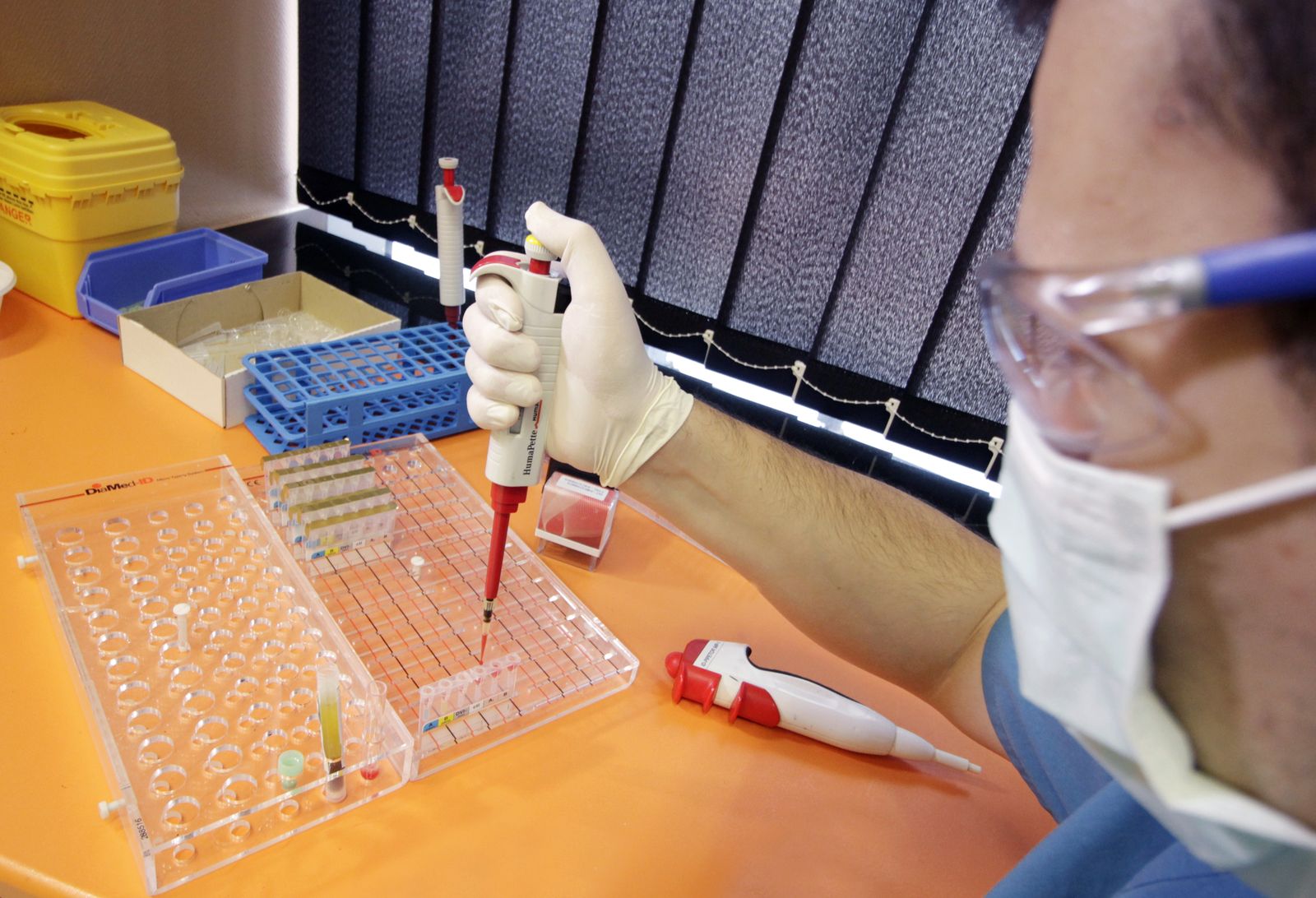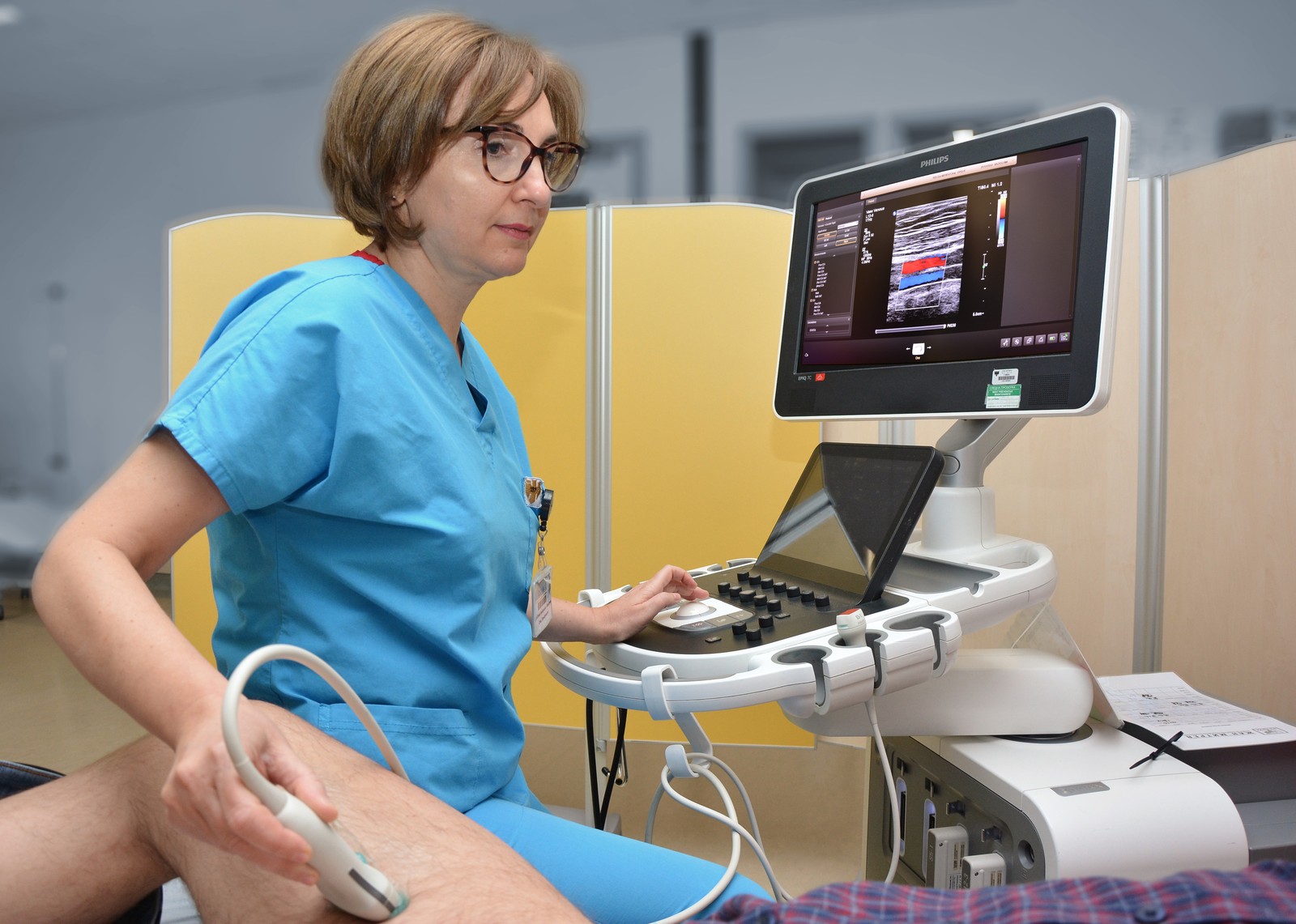 00389 2 3091 484
00389 2 3091 484
MEDICAL SERVICES
TRANSFUSION MEDICINE
Blood transfusion and hemovigilance
Blood transfusion is the process of receiving blood in the circulation through a vein. It is usually applied if the patient is bleeding, has anemia and coagulation disorder. According to the modern medical practice, our hospital transfuses only component therapy (erythrocyte concentrate, plasma, thrombocytes and coagulation factors) which are derived from a unit of complete blood.
Hemovigilance covers all the activities in the transfusion medicine chain from the blood donor to the blood recipient. These procedures which are imperative in our day-to-day practice enable identification and prevention of occurrence or reoccurrence of side effects association with transfusion of blood components in order to improve the safety and efficiency of the blood transfusion (WHO).
Immunohematology laboratory
- Determination of blood types and Rh factor in adults and newborns
- Detection of antibodies – indirect antiglobulin test (IAT) or Coombs test
- Detection of antibodies – direct antiglobulin test (DAT)
- Compatibility tests
These tests are routinely performed in each patient before transfusion or before surgery in order to prevent serious post-transfusion reactions. Some of these tests are performed in mothers and newborns, during pregnancy.
Hemostasis and thrombosis laboratory
- Prothrombic time
- Partial thromboplastin time
- Thrombin time
- Quantitative determination of the fibrinogen value
- D – Dimer test
- INR from venous and capillary blood for management of oral anticoagulant therapy with vitamin K antagonists, medications administered by scheme (acenocoumarin, warfarin)
- Anti-Xa (in order to determine the dose of heparins including low molecular heparin)
- Investigation of the function of thrombocytes
- Investigation of the effect of the antithrombotic medications (Aspirin, clopidogrel, ticagrelor, prasugrel)
- Some of these tests are part of the routine analysis before and after surgery in order to diagnose the hemostasis disorders.

Vascular examination of venous system
Phlebology is a medical specialty for diagnosis and treatment of venous system diseases.
Vascular examination of the venous system – Doppler ultrasound of deep and surface veins is a noninvasive method in which the physician using a probe, lightly passes across the skin of the limbs monitoring the flow of the venous circulation. The changes of the venous blood vessels, their functionality, as well as existence of thrombi in the deep and surface veins are visualized on the screen.

Other doctor’s from this department

Elena Ambarkova Vilarova MD
Transfusion medicine specialist and phlebologist
elena.ambarkova@zmc.mk


